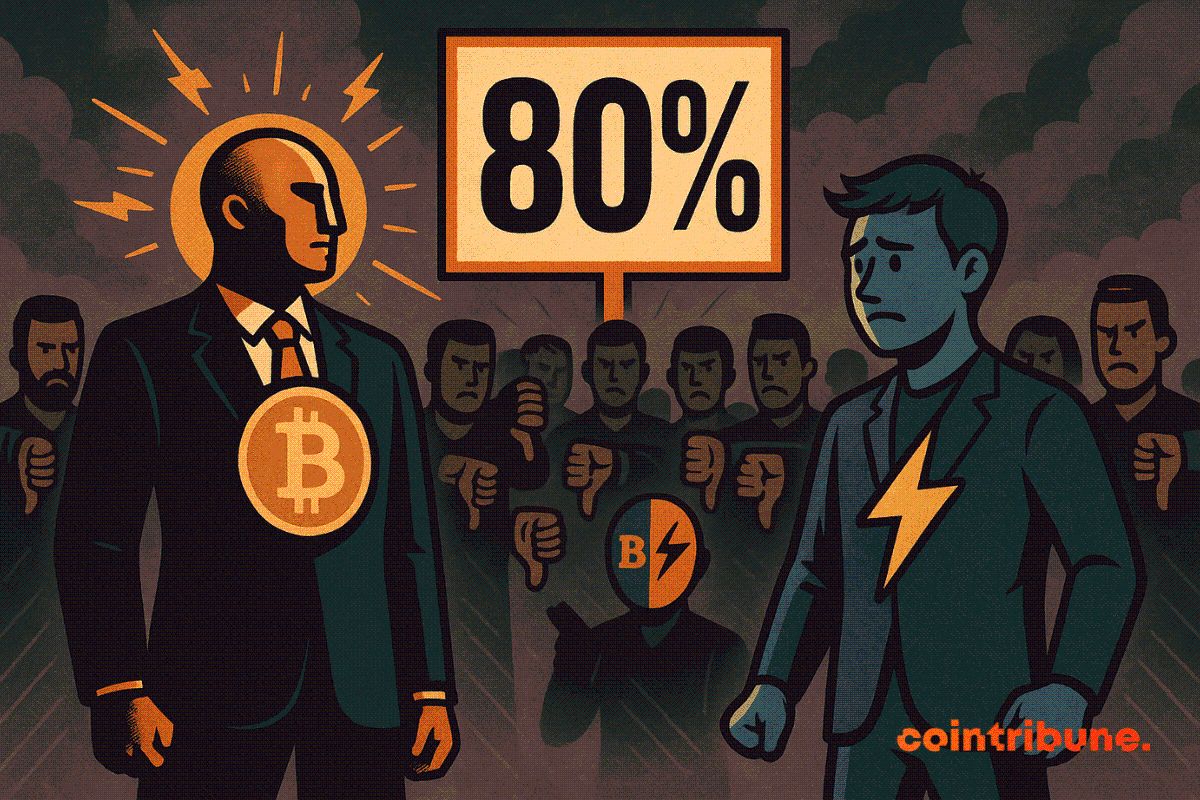A16z Supports Crypto Regulations Focused on Privacy to Harmonize Security and Innovation
- a16z Crypto urges U.S. Treasury to exclude decentralized stablecoins from GENIUS Act oversight, arguing they differ from centralized payment stablecoins. - The firm proposes control-based decentralization frameworks and privacy-preserving tools like DID/ZKPs to modernize AML/KYC regulations. - It emphasizes balancing compliance with innovation, noting <1% illicit on-chain activity and risks of stifling progress through overregulation. - With Treasury finalizing GENIUS Act rules by year-end, a16z's propos
a16z Crypto, the digital asset arm of Andreessen Horowitz, has urged the U.S. Treasury to clarify the reach of the
The

In addition, a16z recommended updating anti-money laundering (AML) and know-your-customer (KYC) regulations to include privacy-enhancing technologies like decentralized digital identity (DID) and zero-knowledge proofs (ZKPs). Michele Korver, head of regulatory affairs at a16z, stated that DID systems allow individuals to manage their own data while still enabling authorities to identify illegal activity without compromising privacy. "Unlike conventional identity frameworks, decentralized digital identity minimizes
The company's recommendations reflect a broader industry shift toward privacy-focused solutions.
The Treasury's rollout of the
As the Treasury is expected to finalize GENIUS Act rules by the end of the year, the debate between privacy and regulatory oversight is set to escalate. a16z's recommendations—such as exempting decentralized stablecoins and adopting cryptographic compliance solutions—could help position the U.S. as a leader in privacy-oriented digital finance, provided regulators choose flexibility over inflexible regulation.
Disclaimer: The content of this article solely reflects the author's opinion and does not represent the platform in any capacity. This article is not intended to serve as a reference for making investment decisions.
You may also like
Is the Lightning Network Losing Steam? The Numbers Raise Questions

Luxren Capital Review 2025: Is This Broker Worth Your Trust, Time, and Money?
Invistro Broker Review 2025: A Grounded Look at Invistro’s Features, Tools, and Weak Spots
BitGo Wallet Glitch Floods XRP Ledger with Failed Payments